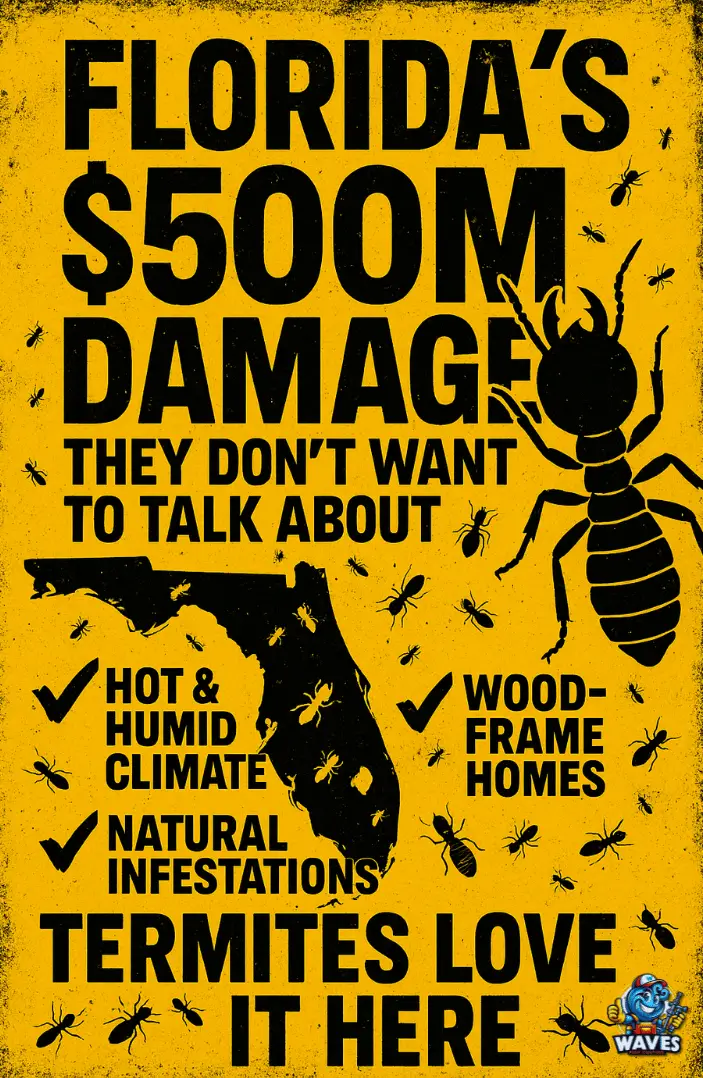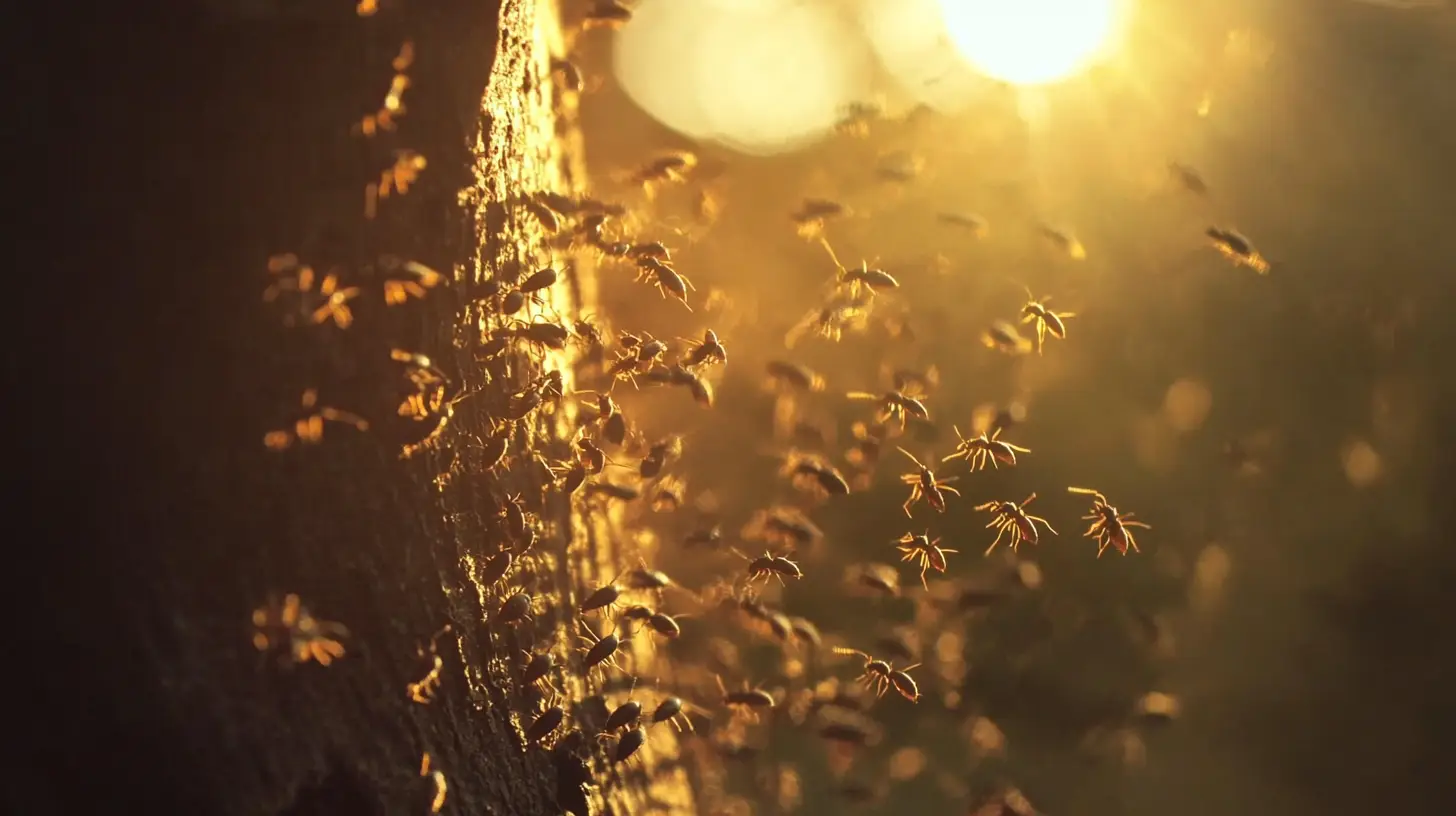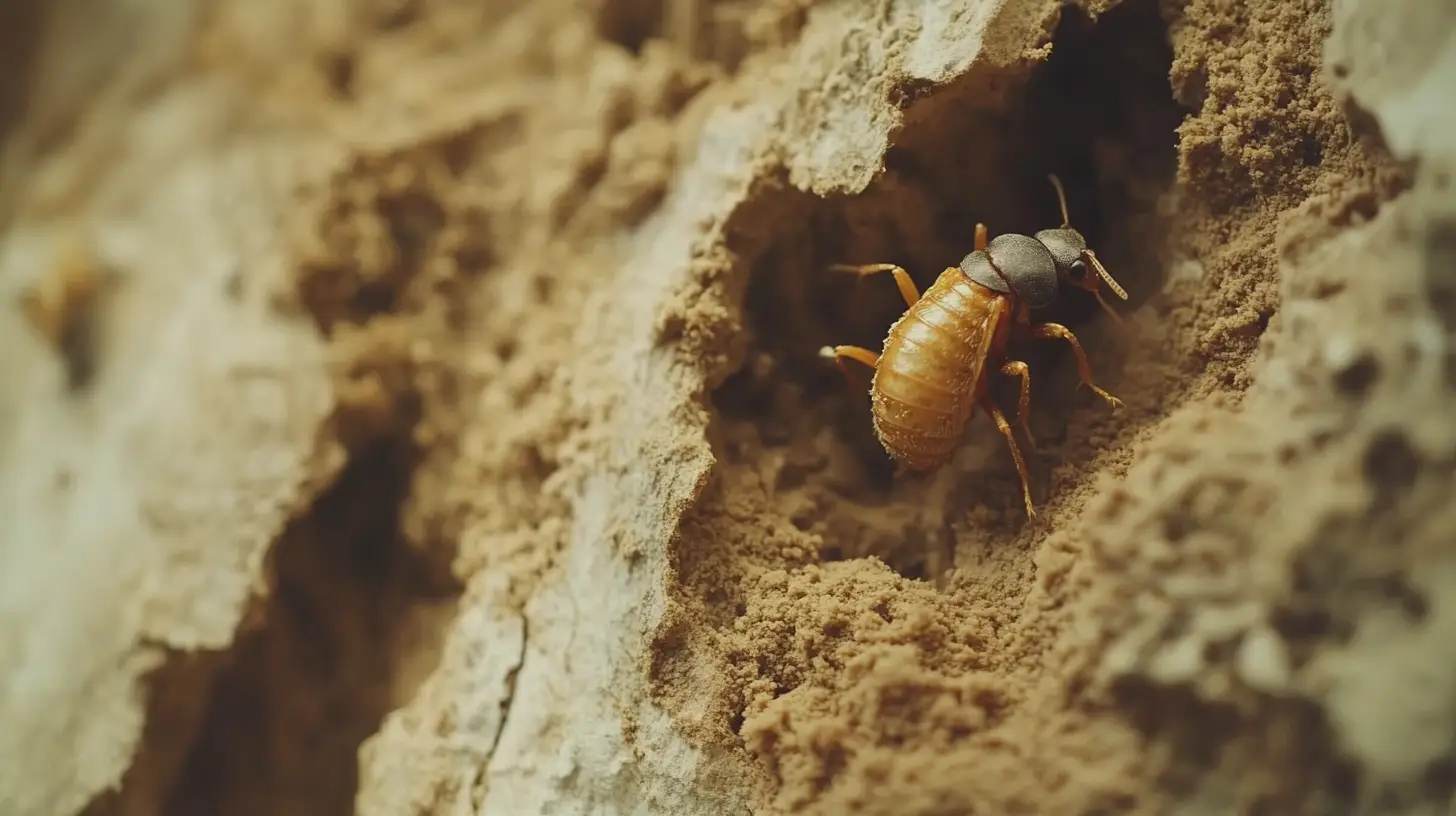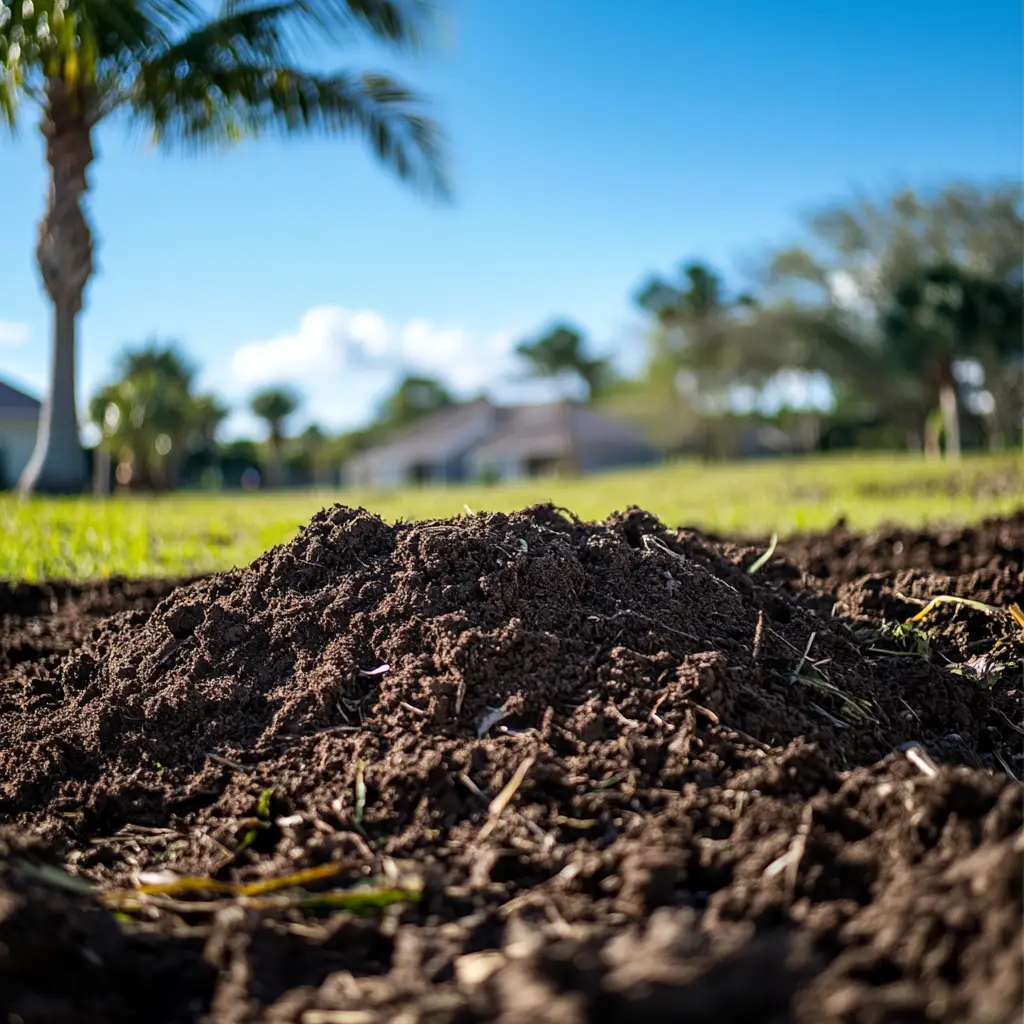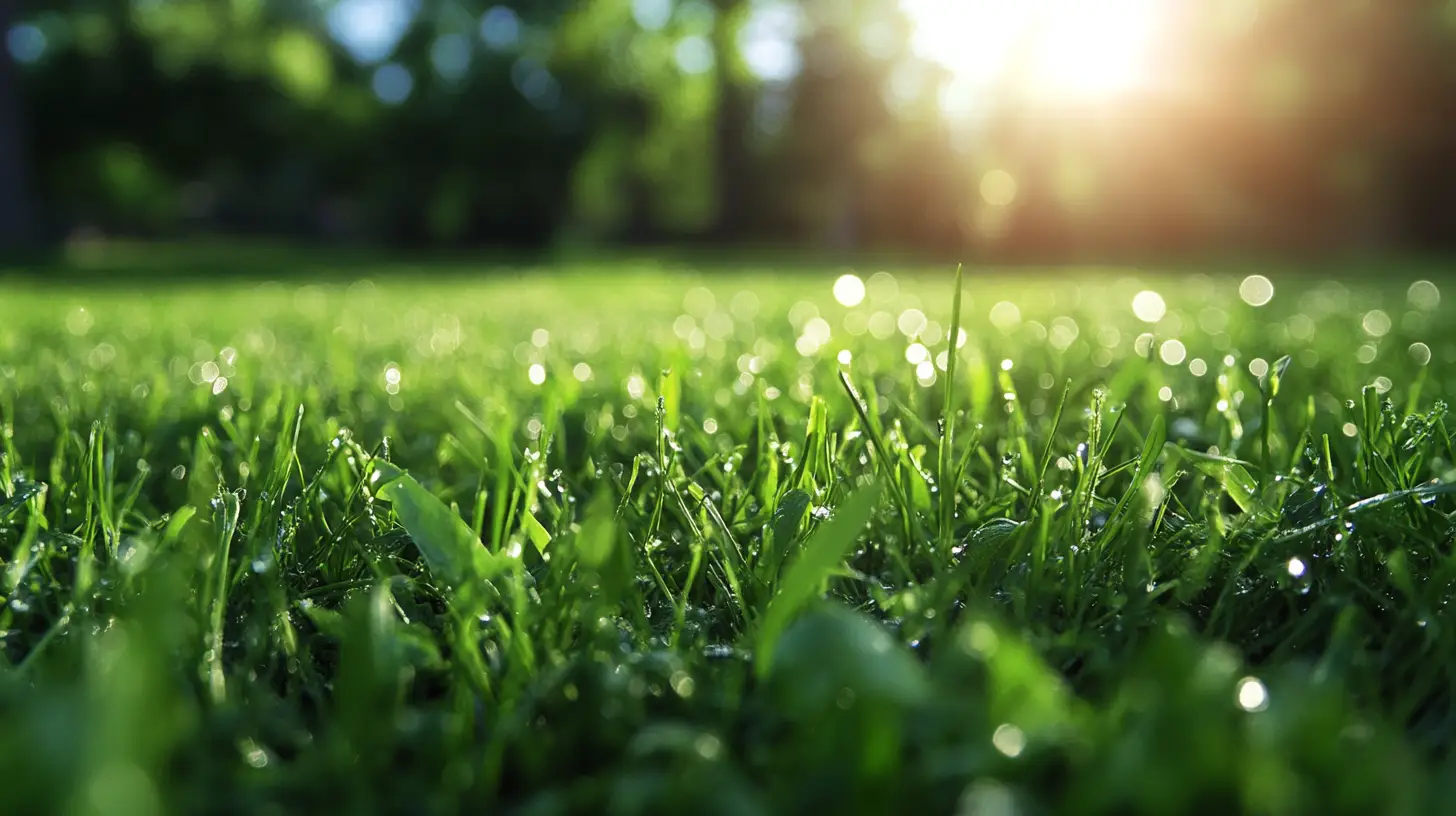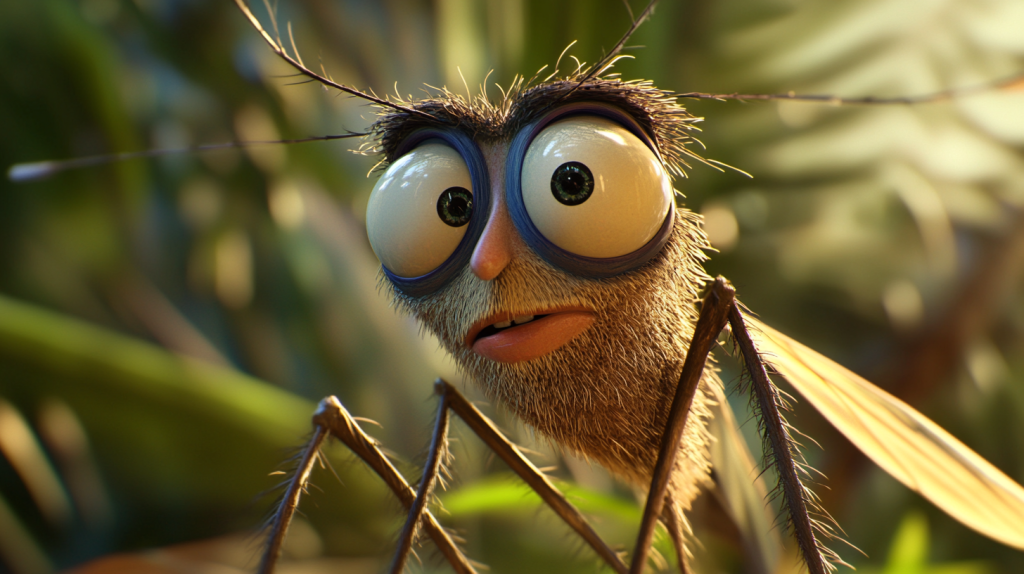
Living in Lakewood Ranch, FL comes with endless sunshine, beautiful neighborhoods, and unfortunately — plenty of mosquitoes. Thanks to our subtropical climate and rainy season, mosquito treatment isn’t just a seasonal afterthought here; it’s a year-round priority.
Understanding the latest trends in mosquito pest control, mosquito spraying, and natural deterrents for mosquitoes can help residents stay ahead of the problem, especially given recent health alerts tied to mosquito-borne illnesses.
Key Takeaways
- Lakewood Ranch falls under two mosquito control jurisdictions, offering year-round surveillance and response.
- Peak mosquito season runs from May to October, aligning with Florida’s rainy months.
- Recent dengue and West Nile Virus activity nearby highlights the importance of proactive mosquito control.
- Spraying your yard for mosquitoes is highly recommended for both comfort and health protection.
- Integrated mosquito management strategies — combining spraying, larviciding, and personal protection — deliver the best results.
Why Mosquito Control Matters in Lakewood Ranch
Lakewood Ranch’s unique location — spanning both Manatee and Sarasota counties — means that mosquito control efforts are overseen by two different agencies: the Manatee County Mosquito Control District and Sarasota County Mosquito Management Services. Both provide ongoing surveillance, larval monitoring, and treatment operations across the area.
Peak mosquito season runs from May through October, coinciding with the rainy months when standing water becomes a prime breeding ground. During this time, outdoor activities can quickly turn frustrating (and risky) without strong mosquito protection strategies in place.
Current Health Risks: Why Vigilance Matters
Recent data highlights growing concerns about mosquito-borne diseases in the Lakewood Ranch area:
- In late 2024, three locally acquired dengue cases were reported in Manatee County, underscoring the need for mosquito bite prevention, even if specific neighborhoods weren’t disclosed.
- West Nile Virus (WNV) activity was also detected in 2024, with sentinel chickens in Manatee County testing positive for WNV antibodies — a clear indicator of active virus transmission.
- Although no malaria cases have been reported within Lakewood Ranch itself, nearby Sarasota County did record seven locally acquired malaria cases in 2023.
Given these developments, effective mosquito treatment for your yard becomes essential, not just for comfort but also for protecting your family’s health.
What Is the Most Effective Mosquito Control?
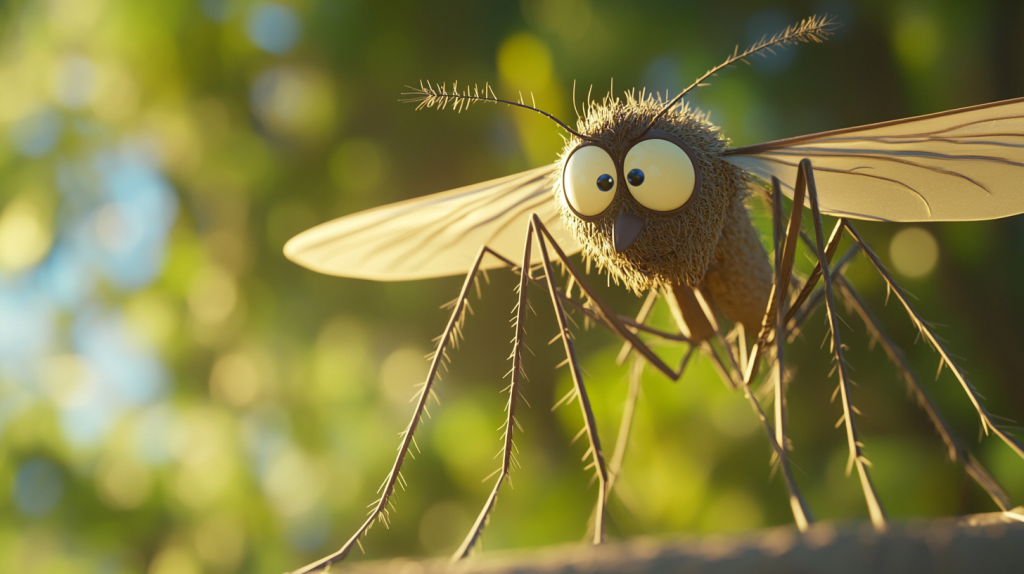
The most effective mosquito control strategy uses a blend of techniques:
- Mosquito spraying during peak activity hours to knock down adult mosquito populations.
- Mosquito fogging in dense vegetation and shaded areas where mosquitoes rest.
- Larval control measures, such as applying mosquito dunks in standing water.
- Personal and property protection, including repellents and natural deterrents for mosquitoes like lemon balm, basil, and lavender plants.
In addition to traditional methods, new technologies like automated mosquito misting systems are now available in Lakewood Ranch. These systems provide scheduled, consistent protection by releasing fine mists of insecticide across designated outdoor areas (source).
Is It Worth Spraying Your Yard for Mosquitoes?
Given the local presence of mosquito-borne diseases and the high mosquito activity during Florida’s rainy months, spraying your yard for mosquitoes is absolutely worth it.
Not only does it reduce the immediate nuisance factor — fewer bites, fewer buzzing pests — but it also plays a key role in minimizing the spread of illnesses like dengue and West Nile Virus. When combined with personal protective measures and environmental management, spraying helps create a safer, more enjoyable outdoor space.
How Much Does It Cost to Have Your Yard Sprayed for Mosquitoes?
In Lakewood Ranch, the cost of professional mosquito service typically falls between $65 and $100 per treatment for a standard-sized residential property.
Some residents also explore automated systems or seasonal packages, especially during the heaviest mosquito months. These options provide consistent protection and can be cost-effective over the long term, particularly when factoring in Lakewood Ranch’s extended mosquito season.
What Is the Most Effective Method for Mosquito Control?
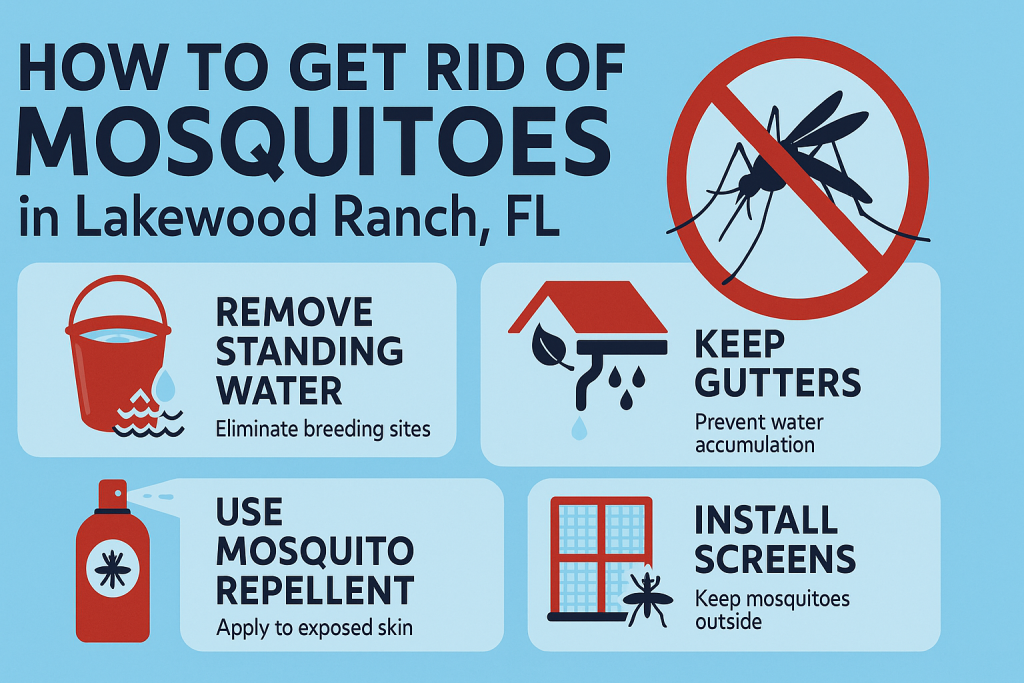
An Integrated Pest Management (IPM) strategy remains the gold standard. Manatee County’s Mosquito Control District actively uses IPM, combining biological controls (like larvicides), physical controls (removing breeding sites), and limited chemical controls to minimize environmental impact while controlling mosquito populations (source).
For residents, this means success comes from blending professional treatments with practical actions like:
- Dumping standing water weekly.
- Installing outdoor fans (mosquitoes are weak fliers).
- Using natural deterrents for mosquitoes around patios and play areas.
- Staying consistent with scheduled treatments during peak season.
Final Thoughts
Mosquito management in Lakewood Ranch isn’t just about enjoying a bite-free backyard — it’s about staying healthy in a region where mosquito-borne diseases are an active concern.
By staying informed, taking proactive measures, and understanding the most effective mosquito treatment options, residents can protect themselves and their families while making the most of Florida’s beautiful outdoor lifestyle.
Frequently Asked Questions (FAQs)
1. What time of year is worst for mosquitoes in Lakewood Ranch?
Mosquito activity in Lakewood Ranch peaks from May through October, during Florida’s rainy season. Warm temperatures and increased standing water create ideal breeding conditions, making consistent mosquito control efforts especially important during these months.
2. Are automated mosquito misting systems effective?
Yes, automated mosquito misting systems can be very effective when properly installed and maintained. They release a fine mist of insecticide at scheduled intervals, targeting mosquitoes throughout the day. These systems offer consistent, customizable protection, particularly helpful in larger or heavily landscaped yards.
3. How often should I spray my yard for mosquitoes?
During peak mosquito season, it’s recommended to spray your yard every three to four weeks for the best results. If mosquito pressure is particularly high — or if you live near water or dense vegetation — you might benefit from more frequent treatments or a seasonal protection plan.
4. Can natural methods really help reduce mosquitoes?
While professional mosquito pest control is the most reliable way to lower mosquito populations, natural deterrents for mosquitoes can absolutely help. Planting citronella, lavender, and basil, using outdoor fans, and regularly eliminating standing water around your property all contribute to a noticeable reduction in mosquito activity.

